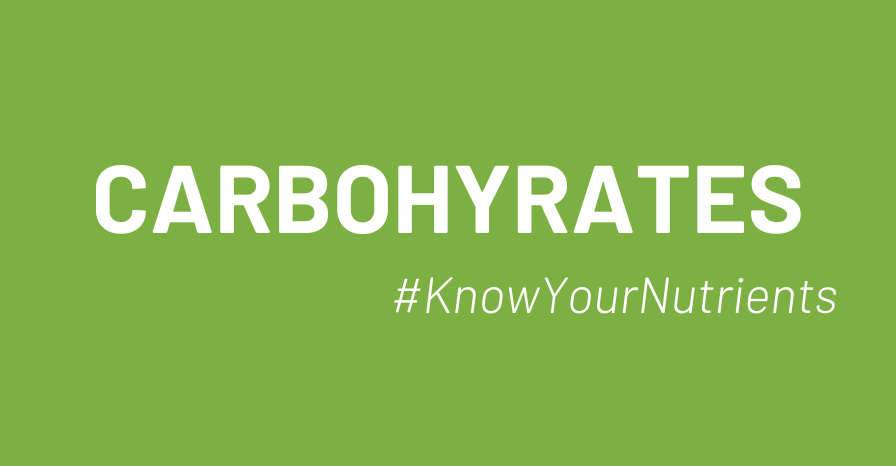
Know Your Nutrients - Carbohydrates
FUELLING |Whether you are a runner, a swimmer, a cyclist or a permanent gym resident – chances are you are surrounded by the word 'carbohydrate' in every article you read online and on every food label. In the context of human nutrition, what exactly are carbohydrates and what role do they play in our physiology? Let's find out.
Simply put, carbohydrates are the primary source of fuel for your body. Carbohydrates consumed from various food sources are broken up by the body into glucose, which in turn is converted to energy in the form of ATP.
In nutrition science, carbohydrates are classified into two categories - High-GI (High Glycemic Index) and Low GI (Low Glycemic Index). The glycemic index refers to the rise in blood sugar after the consumption of food. High GI carbs- found in foods like white bread, polished rice and potatoes- are broken down quickly in glucose and result in a quick rise in blood sugar. Low GI carbs- found in sources like whole grains, nuts and lentils- are broken down slowly by the body and result in a gradual rise in blood sugar levels.
High GI carbs give you instant energy while the energy released by Low GI carbs is more sustained. Typically, sports drinks only contain High GI carbohydrates like fructose which release instant energy, but this energy dissipates once the carbohydrates have been metabolized. This results in the phenomenon of 'spiking and dropping' or 'sugar crash', where energy levels suddenly dip and only rise when more of the drink is consumed.
To avoid spiking and dropping, read the nutrition label of your sports drink carefully before you choose one. Avoid sports drinks with a single high-GI carbohydrate source like Fructose. Instead, pick a sports drink that contains a blend of a high-GI carbohydrate like Maltodextrin and a low-GI carbohydrate like Isomaltulose. While Maltodextrin will effectively provide the first burst of energy crucial to the start of an endurance activity, Isomaltulose will maintain this upsurge with its slow, sustained energy release – thus preventing spiking and dropping of energy levels.
It is a common misconception that you need to shy away from carbs to maintain your fitness. In you day-to-day to diet, about 60-70% of your calories should come from carbohydrates. Try and minimize consumption of refined carbohydrates like white bread. Instead, opt for nutrient-dense carbohydrate sources like whole grains, sweet potatoes, beans and fruits. While 'bad' carbs can make you feel bloated, 'good carbs' will give you all the energy you need to soar through the day.
Eat smart and happy carb-loading!

